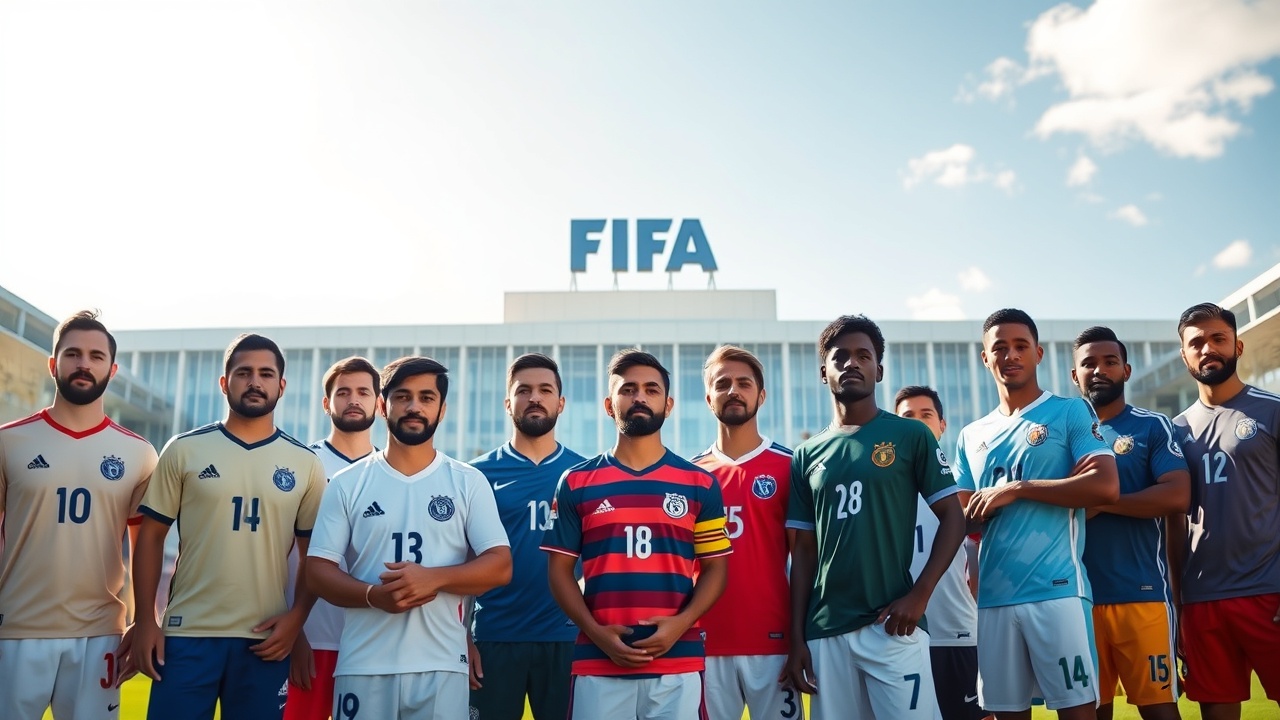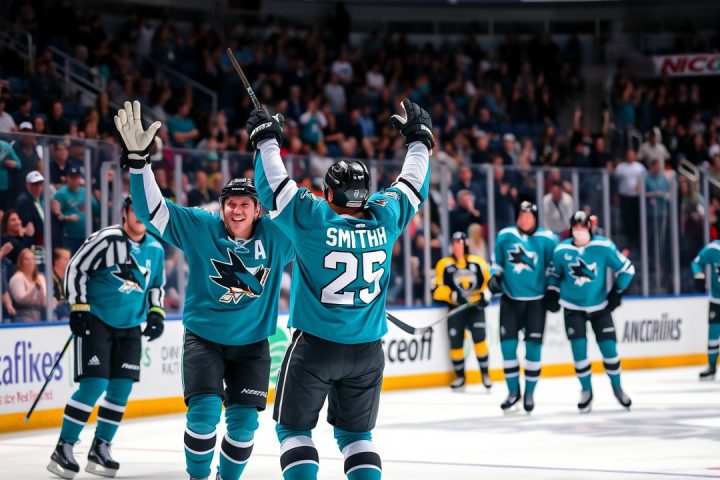Advancement in Player Welfare
In a significant advancement for player welfare in football, a recent dialogue in New York between FIFA President Gianni Infantino and leaders from various international player associations has led to a pivotal agreement on the necessity of standardized rest periods for athletes. Growing concerns surrounding player fatigue have prompted these unions to advocate for better protection following FIFA’s contentious decision to host the upcoming 32-team Club World Cup during the traditional European off-season, an action that many feel could negatively impact player health and performance.
Establishment of Rest Periods
During discussions held on Saturday, FIFA confirmed that it has achieved a consensus with the player unions on the establishment of a minimum mandatory rest period of 72 hours between competitive matches. Additionally, players are to receive at least three weeks of rest at the conclusion of each season. FIFA conveyed that the specifics of these rest periods will be tailored based on individual clubs and players, aligning with their respective match schedules and collective bargaining agreements.
Moreover, FIFA stated that a weekly rest day should also be incorporated into players’ schedules in a pragmatic manner. Concerns regarding travel, particularly for long-distance international journeys, and the environmental conditions of match venues were also highlighted as critical factors that need to be addressed in policy development for the upcoming International Match Calendar (IMC).
Legal Actions and Future Considerations
This agreement follows a lawsuit filed by FIFPRO, the international players’ union, alongside the English and French players’ unions, against FIFA in June 2024. The suit allegations center on FIFA’s potential misuse of its power, exacerbated by the expansion of the World Cup and the Club World Cup, which they say violate European competition laws.
As the inaugural FIFA Club World Cup approaches in the United States, FIFPRO has previously called for a more extensive four-week off period following each season, underscoring the urgency of this matter. Both FIFA and player representatives recognized the importance of finding a fair equilibrium between club schedules and international matches, as well as calibrating the interplay between different levels of competition—national, continental, and global.
Conclusion
According to FIFA’s statement, fostering opportunities for players worldwide to participate in high-caliber competitions is considered vital to the ongoing growth and health of global football.




